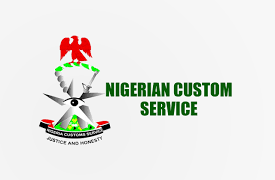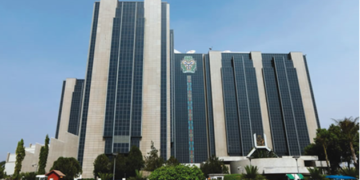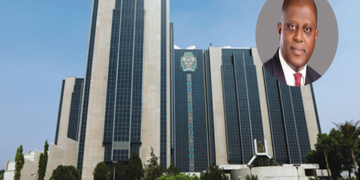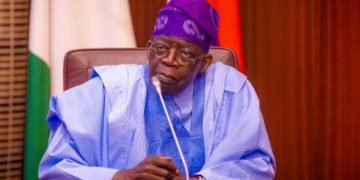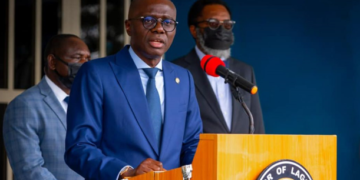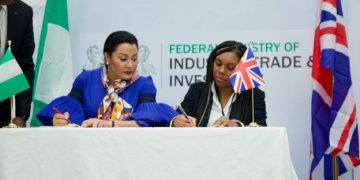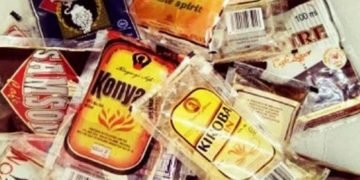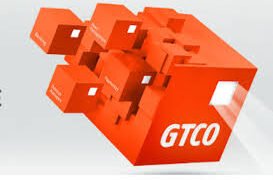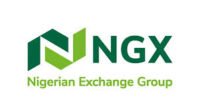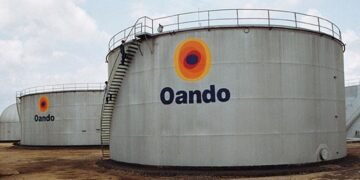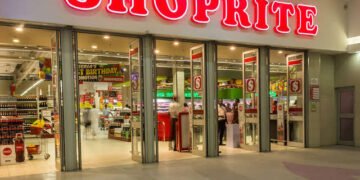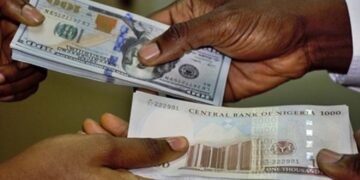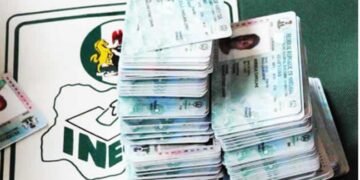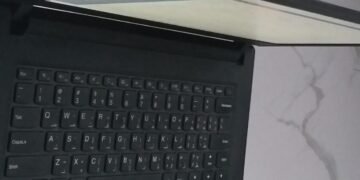On Monday, fashion retailer J. Crew became the first big retailer in the US to fall under the hammer of Coronavirus Pandemic. J. Crew popularly know by it’s preppy style and favoured by Michelle Obama, announced that its parent company, Chinos Holdings, had filed for Chapter 11 bankruptcy proceedings in the court in the Eastern District of Virginia to implement restructuring.
J. Crew has been under the pressure of huge debt prior to Coronavirus pandemic. However, the closure of its store due to lockdown have dealt a heavy blow for the retailer. These debts include a $1.7 billion based on a leveraged buyout by two private equity firms – TPG Capital and Leonard Green & Partners in 2011.
- Read more; N132.69 Billion Staked in March as Domestic Investors turn to the Stock Investment
- CFD’s Review April 27, 2020 to May 1, 2020: Forex, Indices and Commodities
The filing will enable J. Crew hand over control to its lenders. In exchange, $1.65 billion of its debts will be converted to equity. Thus giving J. Crew a breathing space under this difficult situation.
The company, which has secured a $400 million debtor-in-possession loan from existing lenders, also plans to hold onto its Madewell brand, which it had considered spinning off into a public company.
In the announcement, released by J. Crew it said “This agreement with our lenders represents a critical milestone in the ongoing process to transform our business with the goal of driving long-term, sustainable growth for J.Crew and further enhancing Madewell’s growth momentum,” said Jan Singer, Chief Executive Officer, J.Crew Group”.
“Throughout this process, we will continue to provide our customers with the exceptional merchandise and service they expect from us, and we will continue all day-to-day operations, albeit under these extraordinary COVID-19-related circumstances. As we look to reopen our stores as quickly and safely as possible, this comprehensive financial restructuring should enable our business and brands to thrive for years to come.”
J. Crew which has over 500 outlets in the US, had expanded to UK and Canada. It was started in 1947 as a family business. In 1997 the company was acquired by TPG and it became a public company in 2003. However, in 2011 it was repurchased by TPG and Leonard & Green Partners at $3 billion.
Written by
Ifunanya Ikueze






